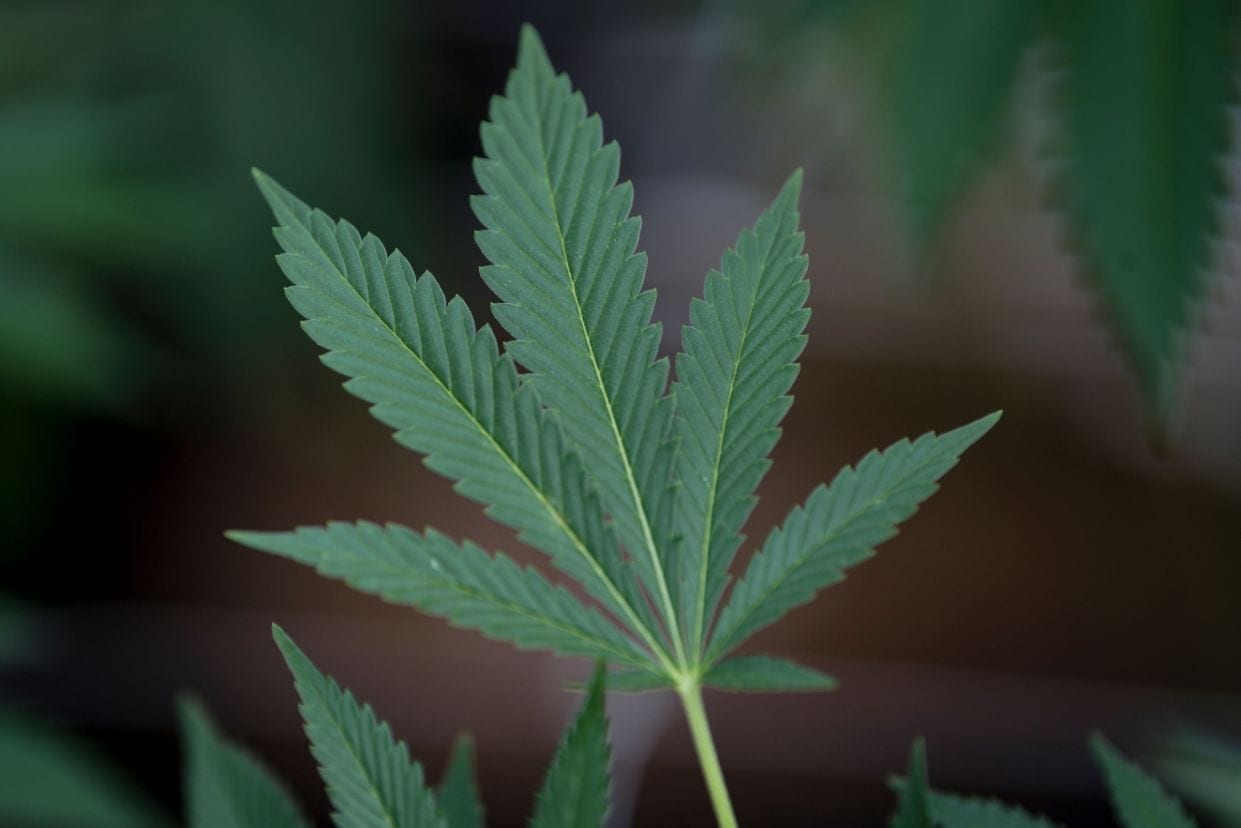Health and Wellness News, Research
Study on cannabis chemical as a treatment for pancreatic cancer may have ‘major impact,’ Harvard researcher says
By Abby Haglage
Pancreatic cancer makes up just 3 percent of all cancers in America. But with a one-year survival rate of just 20 percent (and five-year survival rate of less than 8), it’s predicted to be the second leading cause of cancer-related death by 2020.
Headlines about the illness, as a result, tend to be discouraging. But this month scientists from Harvard University’s Dana-Farber Cancer Institute have released some much-needed good news. In their study, published in the journal Frontiers of Oncology on July 23, the researchers revealed that a chemical found in cannabis has demonstrated “significant therapy potential” in treatment of pancreatic cancer.
The specific drug, called FBL-03G, is a derivative of a cannabis “flavonoid” — the name for a naturally-occurring compound found in plants, vegetables and fruits which, among other purposes, provides their vibrant color. Flavonoids from cannabis were discovered by a London researcher named Marilyn Barrett in 1986, and were later found to have anti-inflammatory benefits.
…
Read more from the source: Yahoo.com
(Photo: Pablo PORCIUNCULA BRUNE / AFP)



